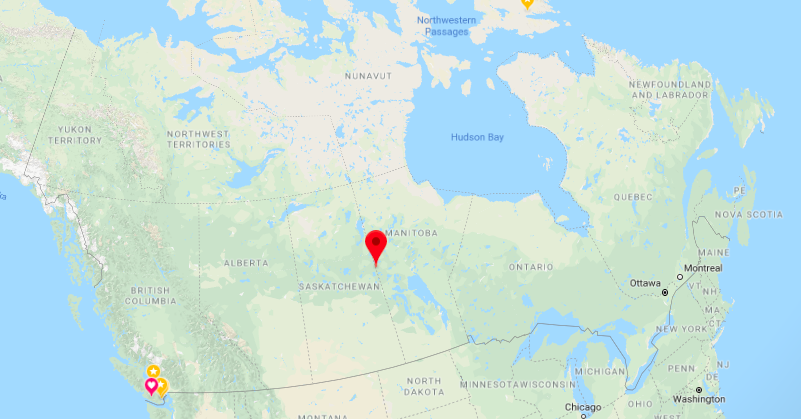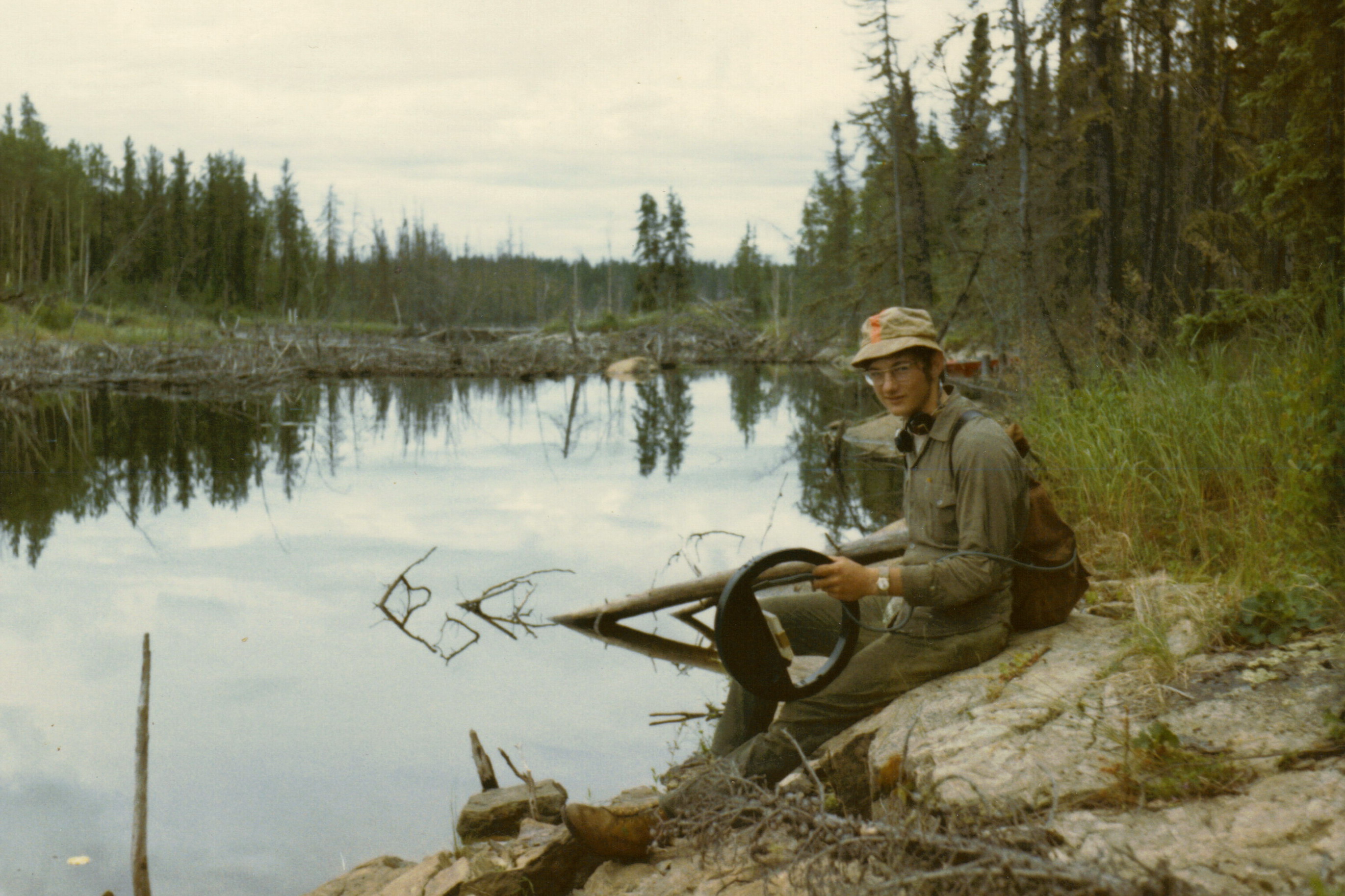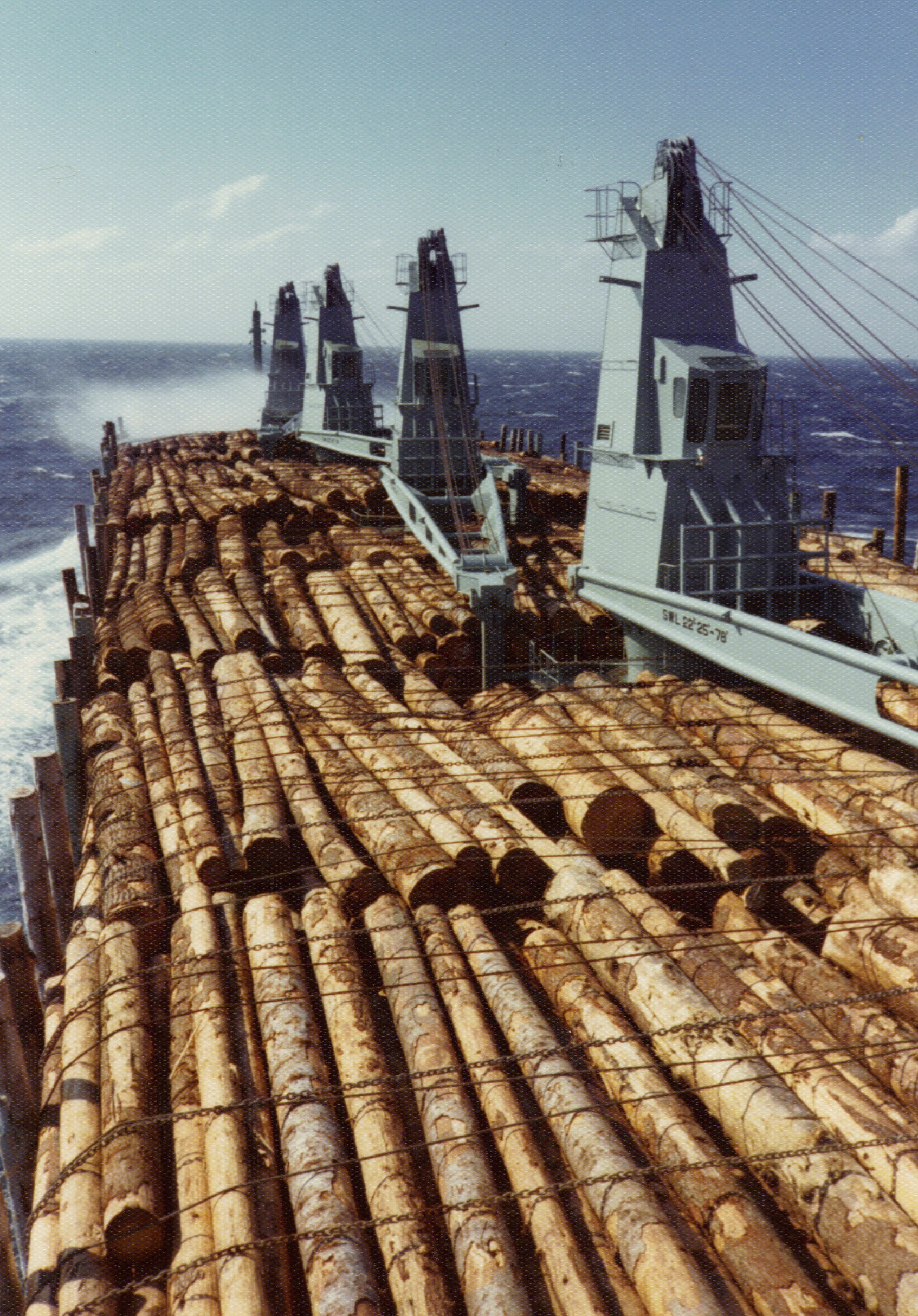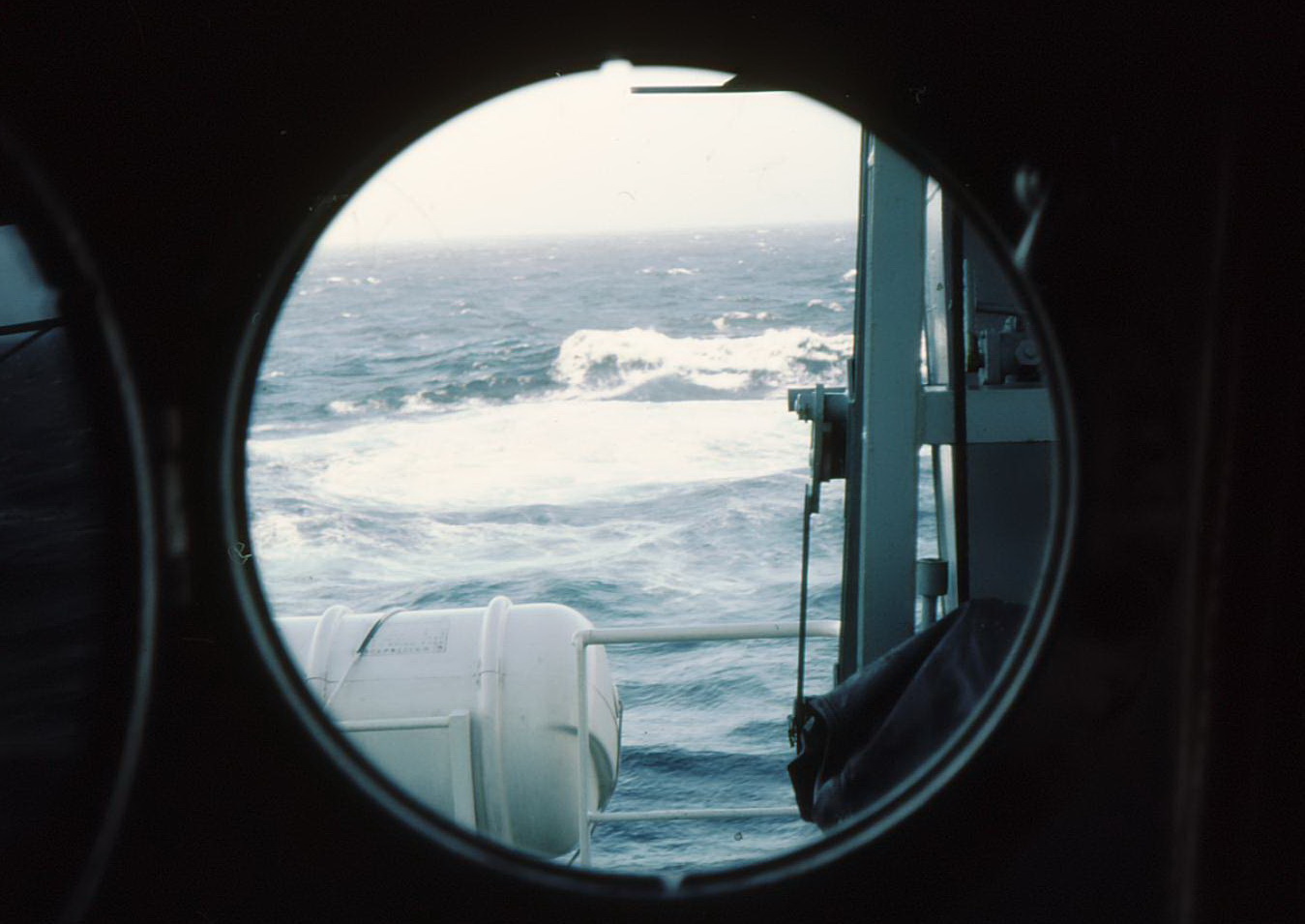Last week I interviewed my father about his journey to Japan. I’ve never had the chance to document exactly how it all happened, but it’s a cool story. There were definitely surprises and risks that I’d never appreciated until now. It’s a story that I’ve always loved hearing growing up and it serves as a good prologue for the journey that I’m about to embark on.
Thanks dad.
For those of you who don’t know, my father is a Canadian from Manitoba. He’s from a small town called Flin Flon (it’s a real place!)

When he was 24 he went on an adventure to Japan. My parents would eventually meet and thus my siblings and I exist!
Good work.
Why did you decide to go to Japan? Or what were things like leading up to that decision?
“Well, I graduated from high school in 1970, but I started working 3 years before that. I guess I was about 15. I had my first job away from the family working at a fish camp up in the [Northwest] Territories. Halfway through the summer the fishing dried up and then I went mining and so I started a pathway of, every summer, going and working— 16.. 17.. until I graduated from high school. And then I went right into university.

[Our family] had a lot of kids.. 5 kids at university at the same time and so we paid for everything. It meant without student loans I had to work right through university. From 15 to 24 I worked and never took more than numerous days off. And I got to be a graduate in 1975 and I said: ‘This is enough, I’m not going to spend my whole life not experiencing anything and go right into the working world and get locked into that. I’m going to take stab at going to another country and travel.’
My plan for traveling wasn’t just to visit a lot of places and see a lot of things and eat a lot of interesting food. I’ve always been an observer of cultures and practices and I wanted to go one place where I could learn in-depth about some place or people who were really different. Their use of space, about their religion, philosophy, how they study, everything. And there was quite a bit of excitement about Japan and how they were doing so well. I just thought that Japan would be the most different and interesting place for me to get involved for a year and to get involved with the language. Learn a lot about the Japanese. It was also interesting for my field since there was a lot of business [in forest management] with the Japanese.”
When did you go to Japan? To give context.
“1975, just after graduating university.”
Physically, how did you get to Japan and how did the opportunity come up?
“I had an opportunity because of a neighbour and good friend of mine. He was in the forest industry and was sending a log boat to Japan. The timing was right that he said ‘Would you consider going over to Japan on a freighter?’ And it just clicked. I gave the captain of the freighter 5 or 6 pounds of smoked salmon and he let me get on the freighter for free.

It left from Vancouver, Washington. My mother who was hardly able to drive decided that if no one else was going to drive me that she would take me the whole way down. Then she drove back. I was completely surprised that she had the ability to pull it off.”
How long did you think you’d be gone for?
“I kind of thought I’d be away for a year… maybe two years. I didn’t want to end up getting to far from my field.”
How long was the boat ride?
“It was 14 days in November… like 25 foot waves. I was in the middle of the boat. I was sea sick for 4-5 days. No one else spoke English except the radio guy who spoke a little. Otherwise everyone was Japanese.”

What was arriving in Japan like?
“They didn’t tell me where we were going to get off. Finally they said we think we’re going to land in Hiroshima and we’ll drop you off there. So here I was in Hiroshima not knowing much about Japan.
It was pretty brutal. I was not entering through a proper destination for tourists. [The government] kept me on board for 3 days and sat me down and looked me in the eyes, grilling me: Why did you do this? Would you promise to not do it again? Telling me they’d send me back because it wasn’t appropriate. Then after three days they said to heck with it and said you just sign a statement that you’ll never do it again and get out of here.
When I got there it was a national holiday and the banks were closed. I couldn’t get any money to do anything and I was kind of worried. I finally found somebody who could exchange a bit of money for me and then I went to buy a ticket to Tokyo. But it was a national holiday. Standing room only. Like a 7-8 hour ride back then. I ended up getting off in the middle of Tokyo.”
Why did you think entering Japan like that would work? Was that just the way things were back then?
“I thought if the captain thought it would work then it’s probably okay. I didn’t know much about immigration.”
So you arrive in Tokyo, then what?
“Then I got into Tokyo in the evening and I didn’t have a place to stay so I was walking around looking for other foriegners to ask them where they’re staying. Eventually, I bumped into these couple of guys and they mentioned a youth hostel so I stayed there.
After about three days I figured I better meet some more people. I was waiting by Shinjiku station and all of a sudden I noticed this big guy coming out of the washroom. He was an American. I went up to him and said where are you from and why don’t we have coffee? He said okay and within 2 minutes of sitting down he said ‘I’m going on holidays in a week and I don’t have anyone to cover my English classes. I teach 2 year olds, grade 1 students, some university students, a few professors. I wonder if you could take that for me?’ And I said that’ll be fine. I could do that.”
And then?
“I talked to the person in charge of the language school in Shibuya. After half an hour the owner said I could sleep on the floor of the language school for a month. So I just got a mat from storage and just did that.
After a while they said this is going pretty well and he said we have a dormitory for students of the university. ‘We have a dormitory for students of the university. Why don’t we clean out one of the storage rooms and you can use that as a place to stay?’ And I said that’s fine and I started looking around the streets and there was a lot of abandoned furniture, radios, and stuff. I collected stuff for a week and was fully outfitted in my room. No windows or anything. Stayed there for probably 4-5 months. Just a storage closet in a middle of a dormitory.”
How did you get by?
“I was really unfamiliar with everything and didn’t speak Japanese at this point. I’d catch a bus and miss my stop and wouldn’t get there until the bus had done a full loop and was on it’s way back.”
How was teaching?
“I became a real sensation at the language school because I was unorthodox. They were very conservative and I was teaching kids by playing guitar and having them singing songs. I’d have them really walk around the room and got them active with their surroundings. Say; ‘what’s this? what’s that?’ and point you know? It did really well and they liked it so much that they adopted it later.
How long did you teach for?
“I taught for 3-4 months and then I started thinking that I better get on with my plan with enrolling in language.”
And language school?
Within 4 months I got a plan together to start at Nichibei (language school). But I kept on teaching while I was going to school too.”
End of interview.
Conclusion
My father would study Japanese for a year and live there for many more years (with stints in Canada inbetween). It would be during my father’s time at Nichibei language school that my parents would meet.
Anyways, that was the 70’s.
Flash forward to now and I’m happy to announce that, mostly by coincidence, I will be attending Nichibei KaiwaGakuin Japanese Language school. The same school as my father, over 40 years later.
Full circle.

Thank you to my Dad for letting me interview him, for letting me write about him, for letting me post photos about him, and for being an inspiration as I move forward.
Thank you Mom, too.
